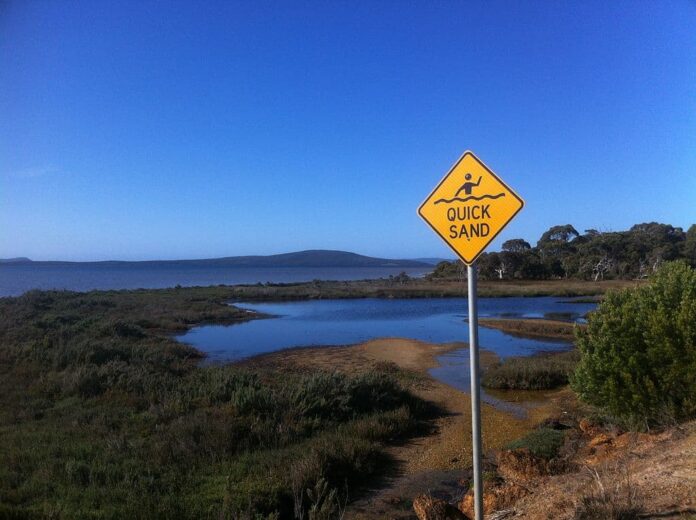Quicksand can be dangerous, depending on its location. How much do you know about quicksand? Was everything we see about what it does from cartoons and movies real? We are going to explore and learn about some important things regarding this matter today. Let’s take a look at what we have for you below and see if we answer your doubt.
1What is quicksand?
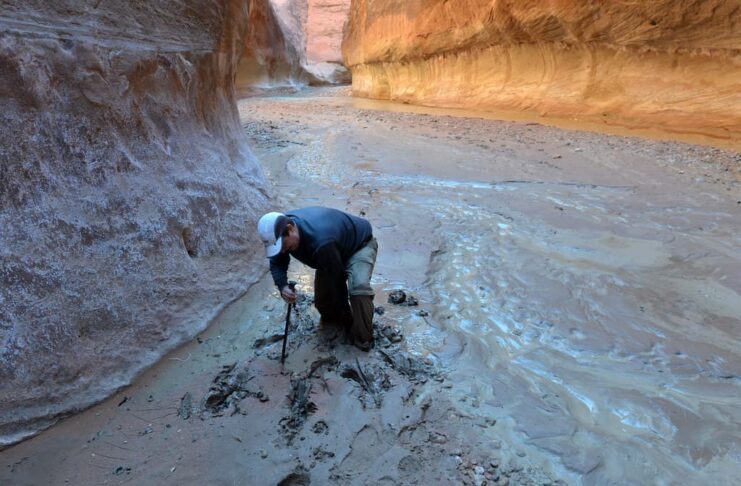
Quicksand is either a mixture of sand and water or sand and air that looks solid but becomes unstable when stepped on. It is just normal sand but over-saturated by water with no escape route for the water. So everything looks normal until pressure is put on the top surface where the liquified soil underneath fails to support. That means the ground underneath the soil is not firm enough to support the weight of a certain object or person. This is when a person sinks into the sand when they step on that particular area.
2Where is it?
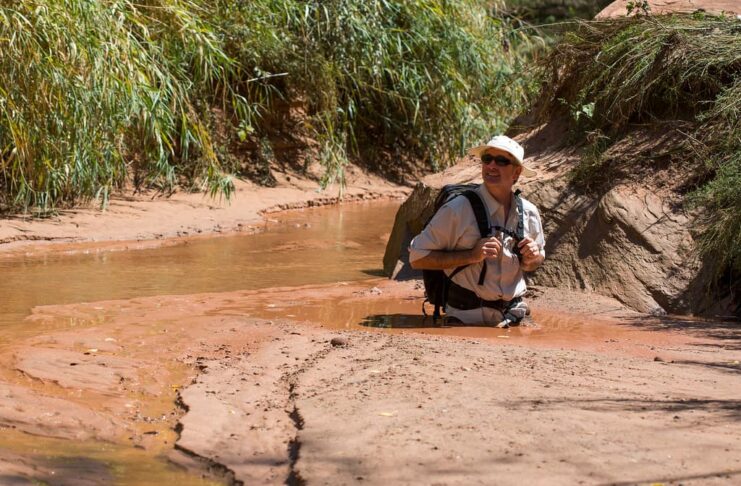
There is no specific place that we can identify quicksand because it can appear pretty much anywhere in the world. Most quicksands occur on beaches or along riverbanks at low tide as well as on lake shorelines, marshes, and close to underground springs. It also occurs in deserts although quite rare, usually where loosely packed sands occur on the downwind sides of dunes.
3Can quicksand kill you?
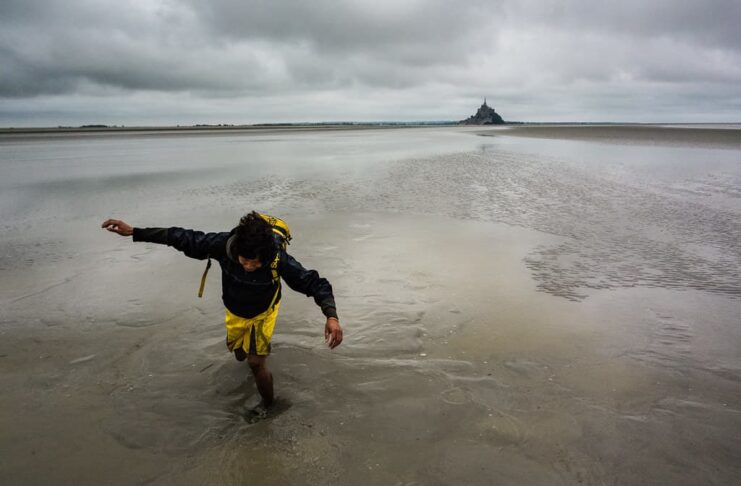
In contrast to the terrifying scenes we saw in the movies, a person usually sinks to knee depth. The problem is that it is quite challenging and difficult to get out, especially if the person is freaking out. Usually, the victim tries to get out by trying to pull out one leg which puts more pressure on the other leg. Doing so not only worsens the situation but also makes the person sinks even deeper.
A quicksand can kill if a person falls head first into the pit, and such a situation makes the person even more panic. Then the victim will try to get out by pushing the sand down which results in the further sinking. The death from this situation is by asphyxiation if there is no one nearby to help. Another possibility is that a quicksand on the beach can be dangerous when the tidal water comes. A victim is likely to die from crush syndrome, drowning, dehydration, hypothermia, predators, starvation, or suffocation if there is no help.
4How To Escape Quicksand?
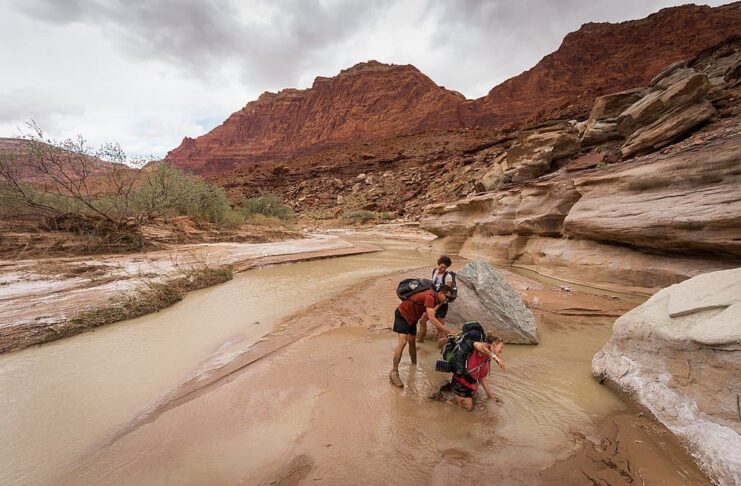
The first thing to do is to remain calm and stay still to keep yourself afloat. Because the density of quicksand is greater than a human body density, you will not sink completely into the sand. Put your legs together and sway back and forth instead of trying to come up using the legs. Lie down on your back and wiggle your legs to loosen the pressure. When there is no more sand pressure on your legs, roll over on your stomach while keeping your head up. Use both of your hands to drag the body forward until you get to the firmer ground.
Remember to do all of these steps calmly and slowly if you are alone, and the chance of survival will be likely. When you freak out and try to move so much, you will not only get deeper but also become tired. Eliminate the desire to stay on foot or try to stand the moment your body floats on top. There is a possibility that the nearby ground can be another quicksand, and you might just fall into another one. Also, a rescuer can’t simply pull a victim out of quicksand. Try using a branch to reduce the pressure and weight and twisting your legs so that getting out is easier.
Related Post: Most Dangerous Deserts In The World

